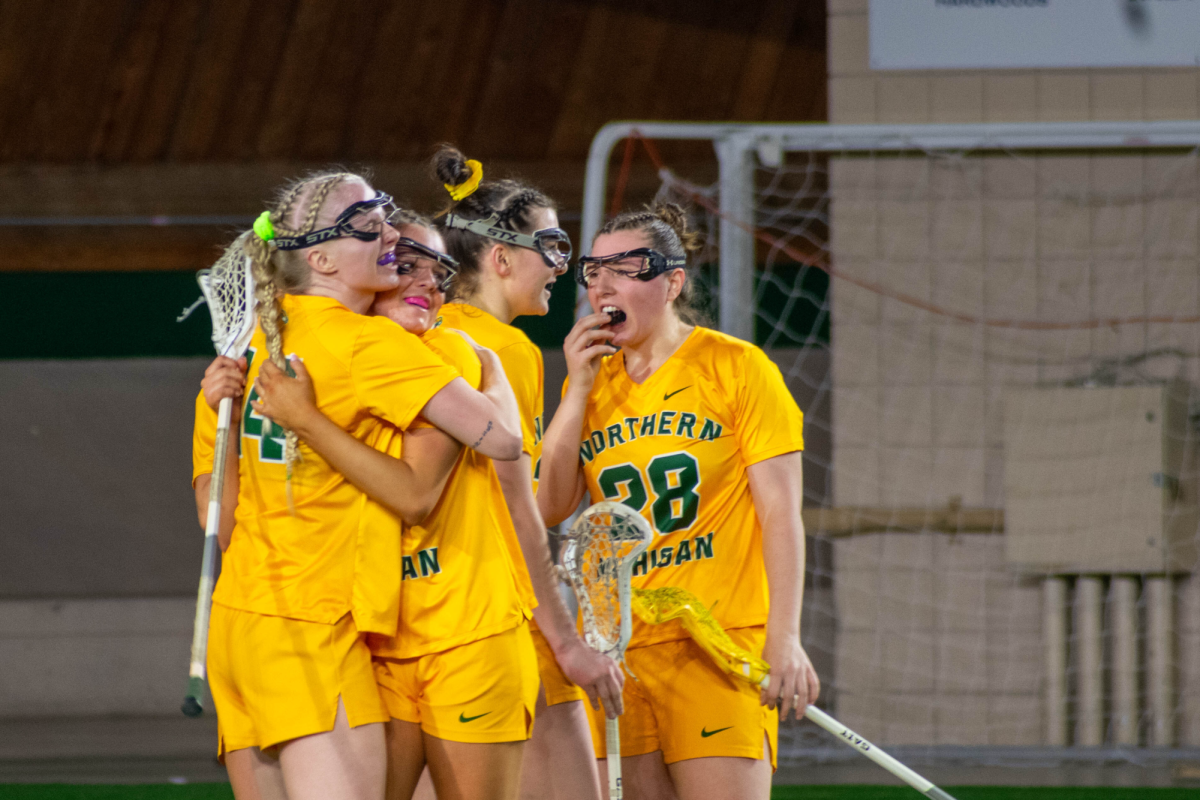As the December 2018 Board of Trustees meeting approaches, feedback and finalizations on recommendations continue for the Strategic Resource Allocation (SRA).
The SRA is a comprehensive evaluation of programs on campus by either the academics or support task forces. They then make recommendations for the distribution of resources according to how the programs function centered in relation to NMU’s mission.
“The dedication to these programs is really gratifying to see,” President Fritz Erickson said.
The reports are available to faculty and staff on the NMU website, and the task force’s evaluation of the allocation of resources needs feedback from its readers. Having faculty and staff able to offer the perspective of their departments helps those on the task forces gain more information about certain programs. Faculty, staff and administration also make up these task forces. The task forces then report to the coordinating committees.
“We know a lot about the university, but we don’t know everything about the university,” Provost and co-chair of the SRA Coordinating Committee Kerri Schuiling said in regards to the aid of the task forces.
The SRA was created after state funding started to fall, Vice President for Finance and Administration and co-chair of the SRA Coordinating Committee Gavin
Leach said.
“Universities were called upon to look at what [they] are doing,” Leach said. “What’s working well, and how [they] are better able to use the resources that [they] have.”
Much of the data stemmed from the years 2015 and 2016, combined with current data and changing trends. Both task forces have received good feedback, Erickson said, adding, the reports help answer the question of how the university can create structure for continued innovation.
“I really want to reduce the angst over the SRA process,” Erickson said. “This is not a budget-cut process. This is a question of, ‘How do we think about the future of the university and how do we plan for
future generations?’”
Each program and institution is ranked with recommendation quintiles from one to five. Quintile one poses a recommendation for enhanced resources, quintile two suggests a continuation with existing resources, quintile three recommends continuation with reduced resources, quintile four recommends transformation with revised resources as appropriate and quintile five suggests the consideration for phase out by senior leadership.
The fifth quintile included dining services such as Melted, Fieras, Temaki & Tea and Smoothie King. Other groups considered for phase out in the fifth quintile were Northern Arts and Entertainment, Gonzo Media and First Aid Productions, all of which bring movies, speakers and other on-campus entertainment
to NMU.
“Nothing is final yet,” Vice President for Finance and Administration Gavin Leach said. “It could be phasing out one thing with the creation of another. It’s an evolving process.”
Student enrollment and the ability to get a job after graduation are evaluated by the academic task forces. Any academic programs in quintile five that may affect students won’t close until their current students graduate, Leach said. Having asked a consultant about student involvement on the task forces, the suggestion was involving them in deciding who sits on the task forces rather than have them actively participate, Schuiling said.
“That’s not to say that student input isn’t important,” she said.
Students should not be involved in the task forces, due to long meetings and the great workloads that the task forces
take on, Schuiling added.
“The members of the task force are supposed to have the good of the entire university in their heart,”
she said.
There will be a student forum at 8 p.m. on Tuesday, Oct. 2, in the Lodge for students to go over the recommendations and provide
input.
“It’s not only to give students information, it’s because we want to hear from students as well,” Schuiling said.

























